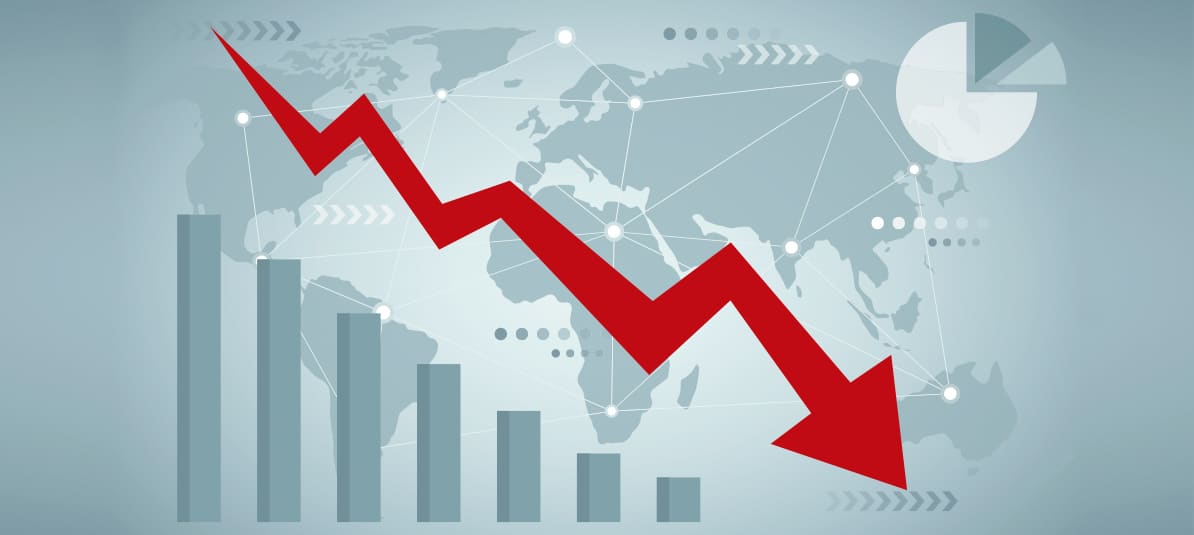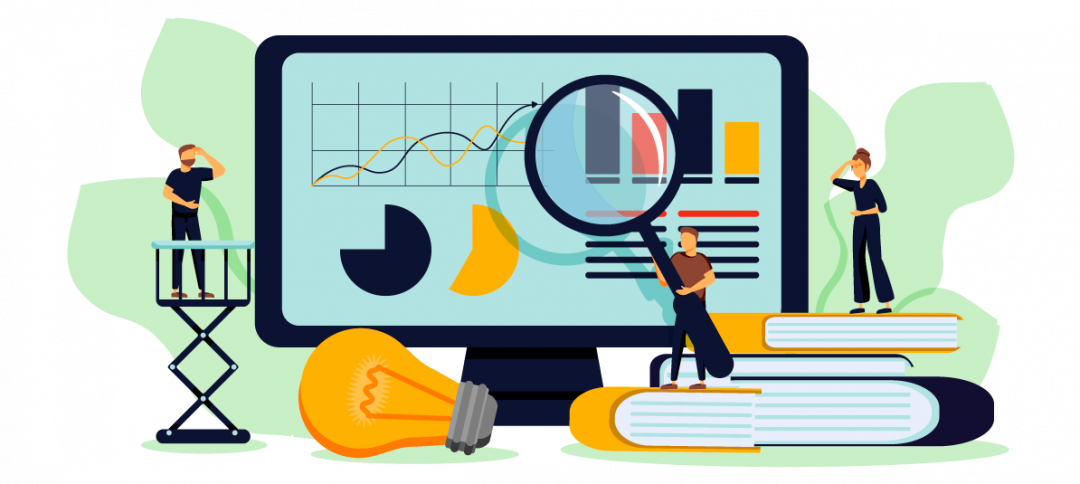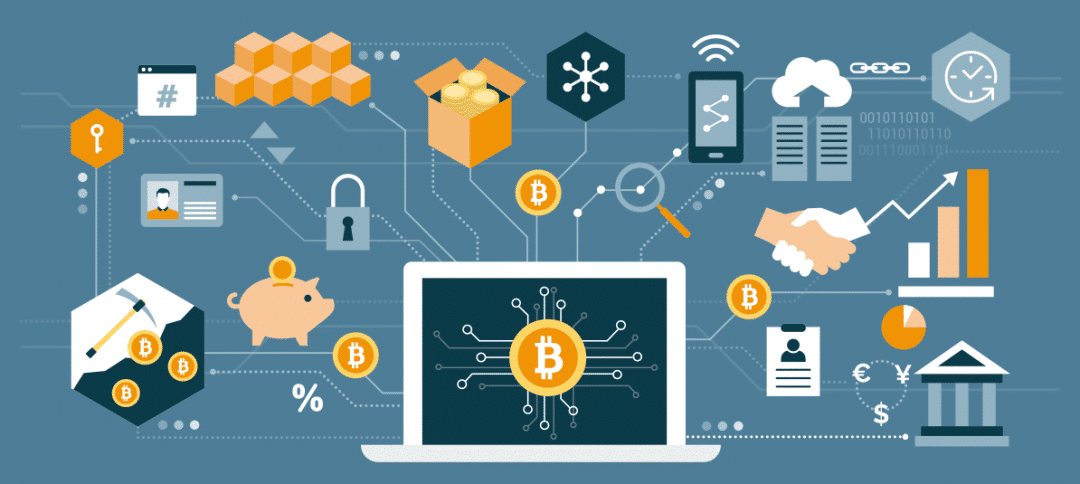However, the actual fall in the Eurozone was 0.1% in both the last quarter of 2022 and the first quarter of 2023, closer to zero growth than to a sharp economic contraction. In Spain, the GDP has not fallen since the first quarter of 2022, but the fact that the German economy is in a technical recession invites us to be cautious.
What would happen if Europe entered a more severe recession? What if the Spanish economy did? No one can know for sure what will happen in the future, but what you can do is have a plan. In other words, prepare for the best and plan for the worst.
This is what you can do with your savings and finances in the event of a recession, just as we saw how to protect your wealth in the face of rising inflation.
Prepare or strengthen your financial cushion
The most important thing in a recession is to be covered, and in the case of your personal finances, that means having a good financial buffer for emergencies. If you don’t have one, you should start creating one now.
How much money is it advisable to have as an emergency buffer? The general recommendation is to hold between 3 and 6 months of your fixed expenses. However, this amount will depend on how much you need to feel safe.
In addition, if the economy goes into recession and prices do not go down, saving will become more and more difficult. For this very reason, beyond using saving tricks to beat inflation, it is advisable to prepare this fund now, while there is still enough economic momentum to do so.
In a similar vein, it may be advisable to have some cash on hand, just in case.
Find ways to diversify your income
You probably know how important it is to diversify your investments as well as why the old saying “don’t put all your eggs in one basket” helps to reduce investment risk. Something similar is true for income.
Having multiple sources of income provides additional stability in times of crisis. They are like another level of your emergency financial cushion, a Plan B in case Plan A goes wrong. Namely, if you lose your job or your working hours are reduced.
There are many ways to generate more income, from investments to passive income.
And to increase the ones you already have
You should not neglect your current income. This could mean asking for a salary increase or looking for a new job so you can move up professionally.
Bear in mind the fact that, if the economy goes into recession, getting that raise will be more complicated, so get ahead of the curve and look for it now.
Review your risk profile
Recession is usually accompanied by stock market crashes, although these do not always occur simultaneously (markets tend to anticipate events and can therefore suffer losses before the recession hits).
Prepare your portfolio for that possibility. The best way to do this is by reviewing your risk profile as an investor so that it fits your reality. We tend to think that we are capable of withstanding more risk than we can actually handle later on.
It is not the same to claim that you can withstand a 10% drop without pulling out of the market as it is to find that you have 1,000 or 2,000 euros less in your portfolio. In fact, the larger your portfolio size, the greater the psychological effect of these falls.
To avoid making hasty decisions, it is important to be clear about your attitude towards risk and your profile as an investor.
Liquidity, but with investment
We have already talked about the importance of having an emergency cushion. Within this buffer you may choose to include, or not, the liquid assets in your investments. In other words, the capital that you hold on to while waiting for investment opportunities.
In times of recession many investors choose to increase their liquidity. You can do this too, but if you are already investing, don’t stop.
Remember that investing is a long-term journey and that the stock market tends to rise over time. In fact, there has yet to be a 20-year period in which an investor has lost money investing in the U.S. S&P 500.
Review your debts
Finally, don’t forget about your debts. Debt is never a good thing, but it is even less so during a recession.
Take advantage of this opportunity to review what debts you have and see whether you are interested in reducing any of them. Of course, if you have credit card debts with interest rates of 20%, getting rid of these will help you live more calmly and will save you money in interest.
In the end, the best way to deal with a recession is to have a contingency plan in place. This will help you avoid making decisions guided by feelings such as panic or fear, which are not usually good advisors.









